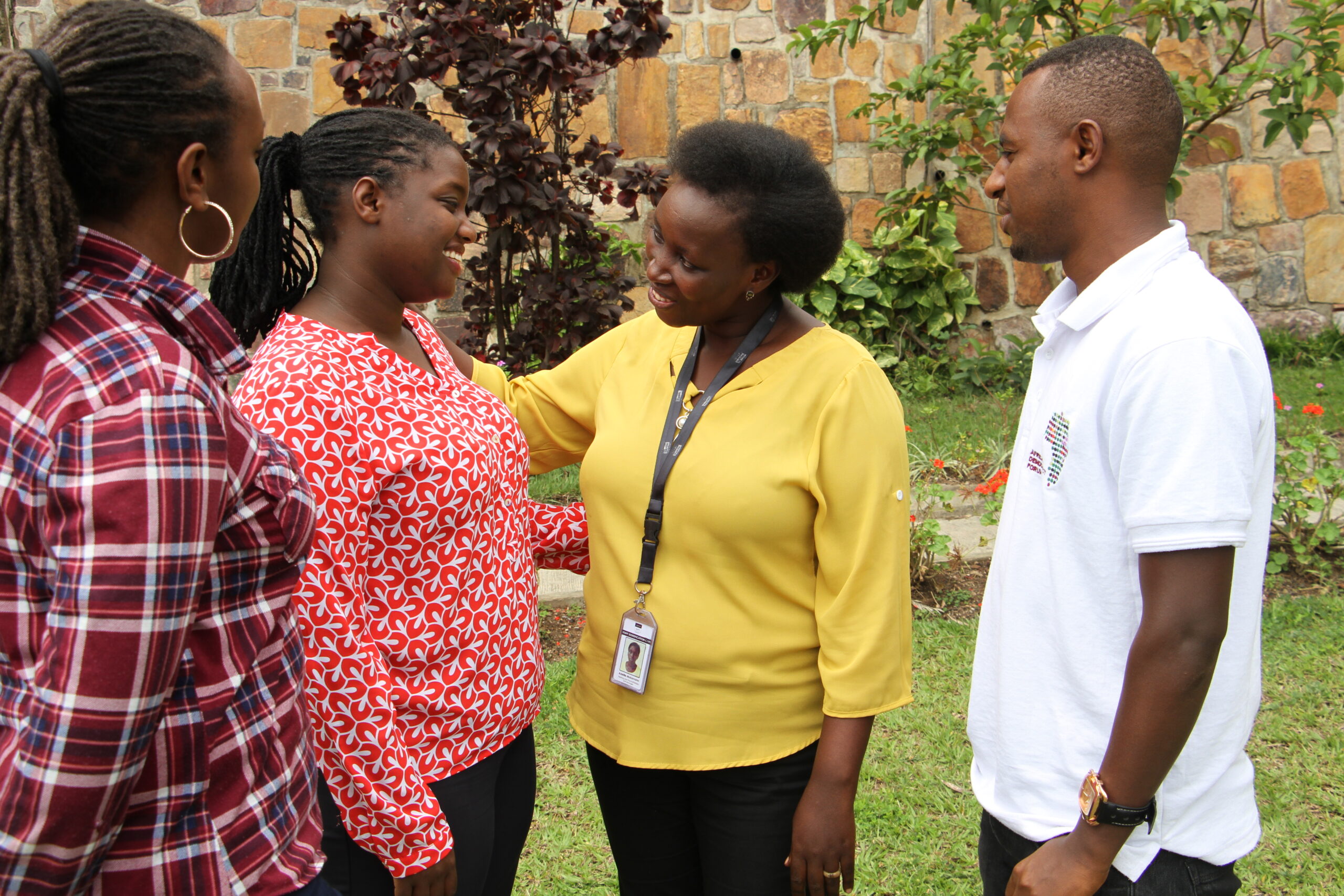Every 10th of October, world mental health day is observed, a day that provides an opportunity to identify what more needs to be done to make mental health care a reality for all people. The day that was celebrated this year for the 26th time since 1992, showed that there is still limited mental health education, awareness campaigns or even advocacy against social stigma.
This year’s world mental health day was observed under the theme: “Young people and mental health in a changing world”, which reflects the importance to shift the focus to youth especially since the number of youth affected by mental distress is rising. According to a 2014 World Health Organization (WHO) report, every 40 seconds somebody somewhere in the world dies by suicide, which is said to be the second leading cause of death in young people, aged 15 to 29. Suicide was often shrouded as a taboo, but it is one of the evidence that as the world evolves, people’s mental health is further disturbed.
Although a lot of progress has been registered in various spheres, Rwanda is still recovering from the mass killings that deeply shattered the people. From being lone survivors in their entire families to witnessing brutal murders of loved ones, from hiding in dark places for over 3 months, to looking at the blood that was flowing their streets, many Rwandans were left with wounds and psychological trauma that left many dented with permanent mental distress. Hinged on such consequences, the effect seems to also be affecting the young generation, most of who never even witnessed the genocide – but through intergenerational trauma and various social issues like gender-based violence and drug abuse among others.
In Rwanda, a study conducted by the Ministry of Youth and ICT in collaboration with Kigali Health Institute in 2011 showed that 52.5% of the youth between 14 and 35 of age had consumed one or more substances at least once in their lifetime. 1 in 13 young people in Rwanda (7.46 %) are alcohol dependent, 1 in 20 (4.88%) have suffered from nicotine dependence, while 1 in 40 young people (2.54%) are cannabis dependent. In addition, a study on Violence Against Children and Youth (VACYS) conducted in Rwanda, 2015-2016 on children and youth aged 13 to 24 years found that sexual, physical and emotional violence against children and youth is a serious concern. Before the age of 18, around 1 in 5 females and 1 in 10 males in Rwanda have been exposed to sexual violence, and about 1 in 10 females and 2 in 10 males have faced emotional violence. All cases from inter-generational trauma, drug abuse, and gender-based violence not only present a dire situation of mental disorder but rather also highlights the need for mental health care for all.
Never Again Rwanda whose mission is to contribute to a sustainable peaceful society, through its societal healing program, conducted a baseline (2014) and an end line (2018) survey. Based on one of the components (Psychological Distress and Resilience) of the end line results, the sample respondents from our spaces for peace indicated that there was a 66% decline in thoughts of suicide (reduced from 15%-5 %); 50% decrease in people who reported depression (reduced from 44.5%-23.4%) 35% decrease in Post Traumatic Distress and 25% overall improvement in psychological resilience (33% increase among women). The commendable change can be attributed to varied reasons: from government programs to time but mostly to dialogue.
If a traumatized person is supported through safe spaces where they can talk and express their concerns and wounds, they can heal from mental problems with time. As per NAR’s experiences, the world mental health day presents an opportunity to open the dialogue on people’s personal and historical issues that could be detrimental to their mental health, but also openly talking about the need for mental health care.


